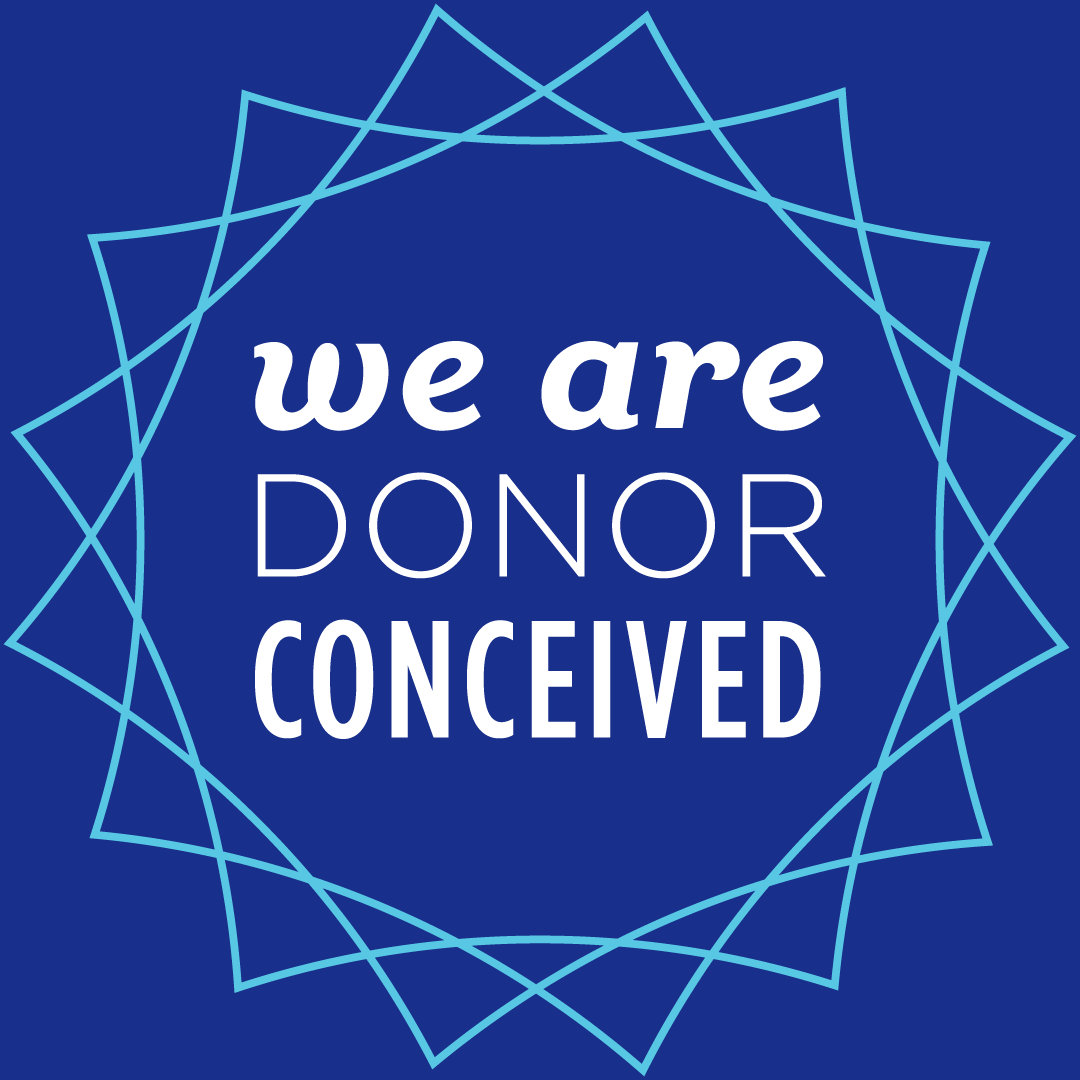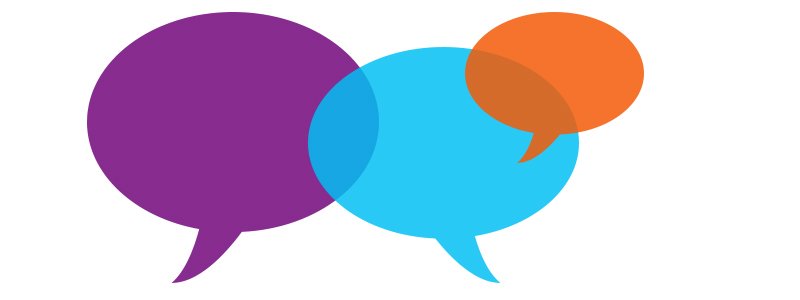Voices from the Offspring: Identity Formation
One of the founding goals of We Are Donor Conceived is to inspire greater understanding and compassion surrounding the unique challenges of being a donor conceived person, both within the community and the wider world. A frequently noted stumbling block in academic studies and personal stories alike is identity formation. To shed some light on this subject, a poll was posted on the WADC Facebook group that asked group members the following:
Question for those of us with anonymous donors: do you think not knowing the identity of a biological parent has deprived you from knowledge of your full identity?
The poll included two options: yes and no. Group members were encouraged to add another option if neither of the available choices were sufficient. The results were quite telling. All 77 respondents selected “yes”. Here is a sampling of some of the comments posted in the ensuing discussion:
“I matched my ‘anonymous’ donor on AncestryDNA and I don’t think I realized how much I was deprived of until I was able to put a face and name to him.”
“Finding out at 23 that not only is my dad who raised me not my biological dad, but that my biological dad is an unknown man who I have no right to know any information about has quite literally sent me into an identity crisis. So 100% YES!”
“I think it’s common regardless of how you were conceived or the intentions involved for some/many people to feel the need to know both of their biological parents (at the minimum) and have a meaningful connection/relationship with them and their extended biological family. This isn’t a ‘donor’ conceived issue, this is a human nature/dignity issue. It not only affects us, it affects our own children, our half siblings, our cousins, our grandparents, our aunts and uncles, and even our own intentionally disconnected bio-parent(s).”
“I wasn’t prepared for how radical meeting my bio father would be. I expected that perhaps I might understand myself better, but I had this really profound moment where I came home from my first meeting with my biological father and looked at myself in the mirror. It felt like my face was different, like I was actually seeing it for the first time. I finally felt at home in my own body and I hadn’t even realized that I hadn’t been feeling that way before. There’s no doubt in my mind that anonymity (and still to some degree, ‘open ID’ donors) deny the humans created by those processes something fundamental.”
“I said yes, but I sometimes wonder if I feel more deprived from my own identity by the fact that I was not told about my DC status before 12 years old. Of course, not knowing who is biologically related to me is a big thing, but not knowing from the beginning kept me from identifying myself as a DCP [donor conceived person] in a time of my life it would have been helpful.”
“I feel lucky that I found out I’m DC when I was a young teen and still forming my identity. It feels like I had an arm amputated but then I learned how to work around it. I missed it, but I can function fully without it. I spent years learning how. I’m glad I finally found out who my biological father is, but I can’t seem to integrate what I know of my paternal family with the identity I’ve formed for myself. They aren’t that different, but it doesn’t feel like mine. It feels like I found my shriveled up, amputated limb and I don’t know what to do with it now except carry it around, occasionally relieved to have found it and occasionally resentful of its dead weight straining the one good arm I have left.”
Would you like to share your perspective as a donor conceived individual in a future “Voices from the Offspring” post? If so, please join the We Are Donor Conceived Facebook group.

